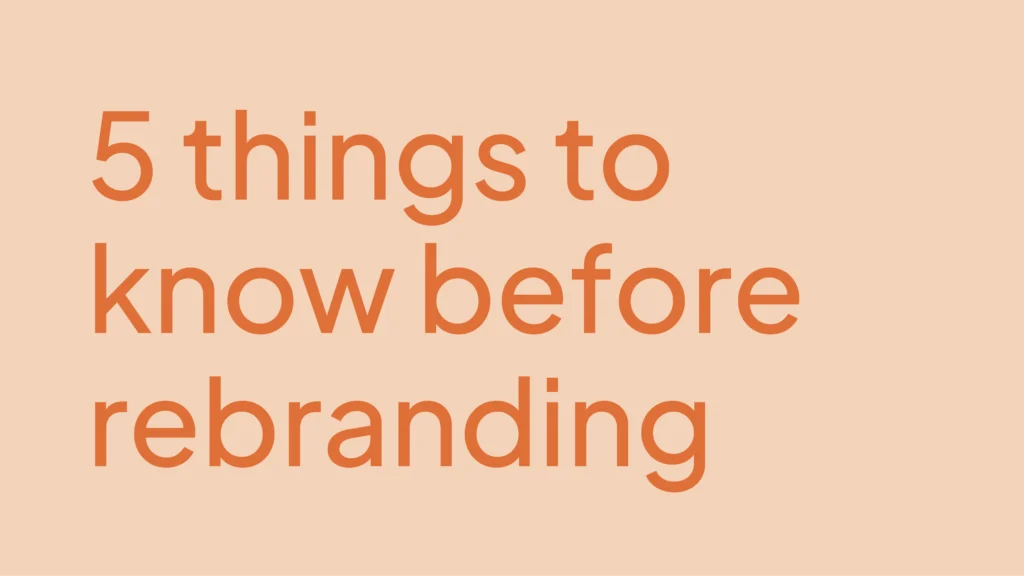What is a brand? And why Orange Square defines it differently
I think if we’re going to talk about rebranding, we should probably start with: What is a brand?
A brand is not a logo or a name or an identity or product or service. I think that’s what most people think about when they think of brand.
Let’s look at some definitions. There are many.
The author and entrepreneur Seth Godin says “A brand is a set of expectations, memories, stories and relationships that, taken together, account for consumers’ decision to choose one product or service over another.”
It’s a nice definition. I think, for me, it’s a little consumer driven.
Let’s look at another one.
The renowned brand expert Marty Neumeier says “A brand is a person’s gut feeling about a product or service or organization.”
This is a beautiful, simple definition. But at Orange Square, we came up with our own definition.
A brand is the trust, credibility, and emotional connection people feel built through consistent experiences, unique value, and authentic relationships, whether that’s through direct interaction or reputation.
Let’s break that down: The Orange Square definition of brand.
This part: A brand is the trust and credibility and emotional connection people feel is because a brand is that gut feeling. Marty Neumeier is right about this. That gut feeling is coming from trust and credibility. This is where the emotional connection of the brand comes in.
Then: Built through consistent experiences. Because trust and credibility are created through consistent experiences and visual expression. So that consistency isn’t just about messaging and about performance and about connection. It’s about visual expression as well.
Unique value. Unique value is creating sustainable growth in value. This is the part of you that makes you “the only,” and that’s unique. That’s where sustainable growth and value come from in a brand.
Authentic relationships. These turn ordinary interactions into meaningful connections, building deep trust and lasting loyalty. And where genuine advocacy comes from.
The last part is whether through direct interaction or reputation. You can have feelings about a brand whether you’ve interacted with it or not. You, of course, are going to have deeper feelings with that brand if you have interactions. But know that your brand — every interaction, whether someone has had it or hasn’t had it yet — that’s where your reputation comes from in the marketplace.
So everything you do matters.
Schedule a call with Kristine Merz
Let’s talk about what’s next for your brand.
Schedule now arrow_right_alt

